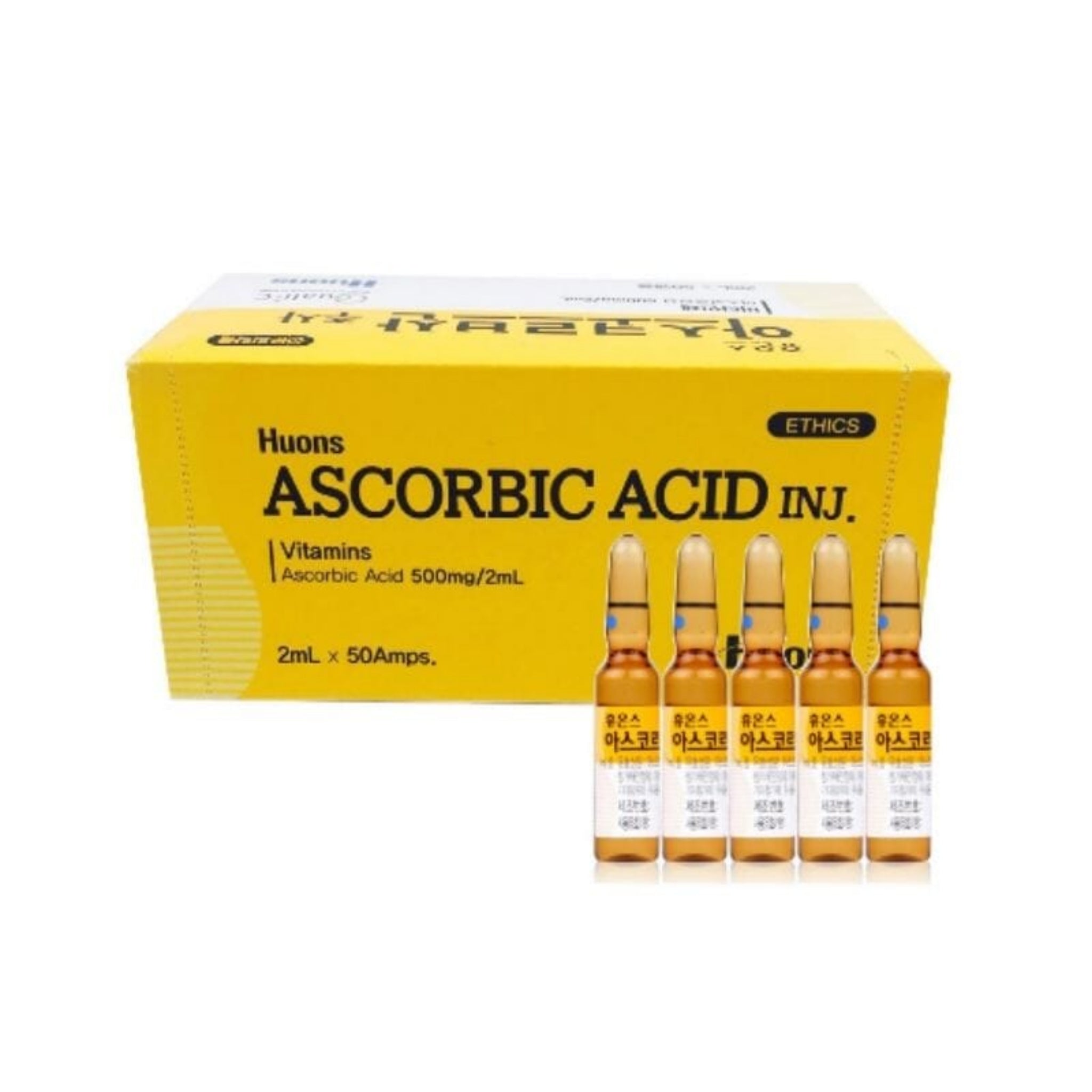
Ascorbic acid, commonly known as Vitamin C, is a vital water-soluble vitamin that plays an essential role in numerous physiological functions within the human body. It is crucial for maintaining the health of skin, teeth, bones, cartilage, and blood vessels. Ascorbic acid cannot be synthesized by the body and must be obtained through dietary sources or supplements.
Indications for Use
Ascorbic acid injection is primarily used to treat scurvy, which is a condition resulting from Vitamin C deficiency. This form of administration is particularly beneficial for patients who are unable to take oral supplements due to various medical conditions or complications. The injection is typically administered for short-term treatment, generally not exceeding one week.
Dosage and Administration
The concentration of ascorbic acid injection is usually 500 mg/ml. It is administered intravenously (IV) or intramuscularly (IM) by a trained healthcare professional. The dosage should be determined by a licensed physician based on individual patient needs and medical history.
Precautions Before Use
Before administering ascorbic acid injections, it is important to consider several factors:
-
Allergies: Patients should inform their healthcare provider about any previous allergic reactions to ascorbic acid or other medications.
-
Medical Conditions: Special caution should be exercised in patients with kidney disease or a history of kidney stones, as high doses may exacerbate these conditions.
-
G6PD Deficiency: Individuals with glucose-6-phosphate dehydrogenase deficiency may experience hemolysis when using this medication.
-
Pregnancy and Breastfeeding: While ascorbic acid can be safely used during pregnancy at recommended doses, higher doses should only be taken if clearly needed and under medical supervision. It also passes into breast milk without adverse effects.
Potential Side Effects
While generally considered safe when administered correctly, ascorbic acid injections can lead to side effects in some individuals. Common side effects may include:
- Nausea
- Diarrhea
- Abdominal cramps
In rare cases, severe allergic reactions may occur; thus, monitoring during treatment is essential.
Drug Interactions
Ascorbic acid may interact with certain medications such as:
- Bleomycin
- Deferoxamine
- Doxycycline
- Erythromycin
Patients should disclose all medications they are taking to their healthcare provider to avoid potential interactions.
